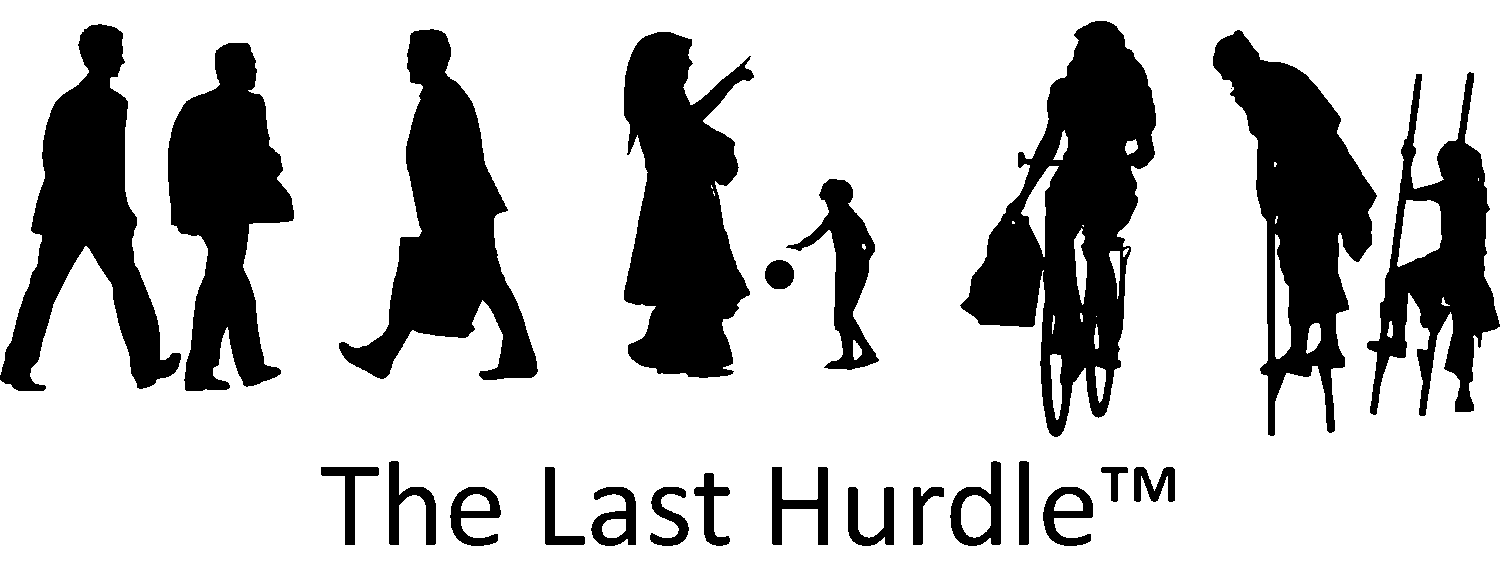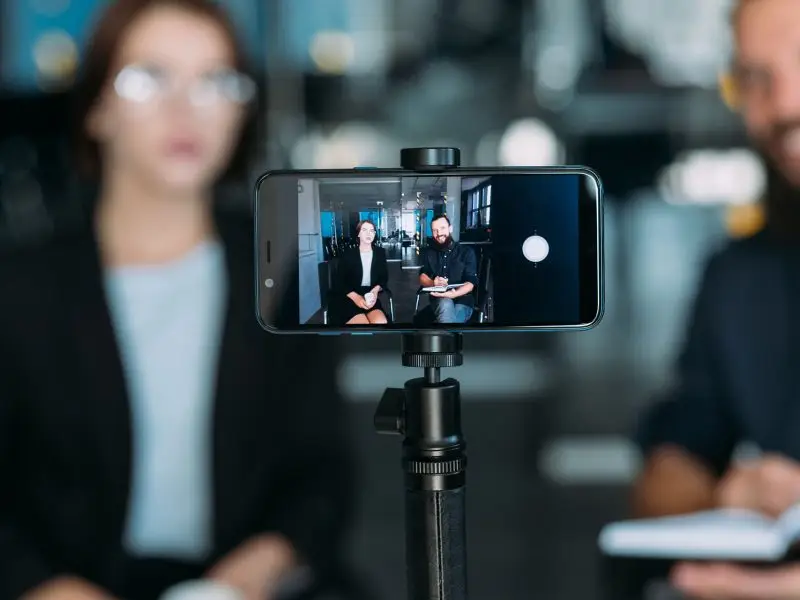User Intent
When working on your SEO strategy and optimising your website, the focus often centres on keywords, search engine rankings and the number of onsite conversions generated. It’s frequently seen as a numbers game: the more visitors you attract to your site, the more business you’re likely to gain. However, what’s sometimes overlooked is User Intent—a crucial factor in ensuring meaningful engagement with your audience.
In this article, we delve into User Intent, exploring what it means and why it can significantly impact the quality of your website interactions.
What is User Intent?
User Intent refers to the purpose behind a visitor’s search query—what they are genuinely looking to achieve or discover. While it may sound straightforward, the concept is nuanced and something that search engines like Google continuously strive to interpret accurately.
At its core, user intent can be divided into two broad categories:
- Specific Intent: The user is searching for something precise, such as a product, service or detailed information related to their search term.
- General Intent: The user is seeking broader, less specific information about a topic or item.
Google and other search engines aim to identify the intent behind a query and deliver the most relevant results. This is where things become more intricate.
For example, if someone searches for the term “Apple”, are they looking for information about the fruit or the technology giant?
- If the dominant interpretation of the search term suggests a focus on the tech company, most results will link to Apple’s website or products.
- If the intent is less obvious, the search engine may present a mix of results catering to both possibilities.
Location also plays a role in interpreting user intent. For instance, typing “Tesco” into the search box will typically prioritise local store listings, assuming the user is searching for a nearby branch.
Three Types of User Queries
Google classifies user queries into three main categories:
- Do Queries: The user intends to make an action, such as buying a product, hiring a service or downloading software.
- Know Queries: The user is seeking knowledge or information, such as learning how to perform a task, use a product or develop a skill.
- Go Queries: These are navigational searches where the user wants to visit a specific website or brand, such as “Amazon” or “Netflix login”.

What Does User Intent Mean for Your Website?
Understanding User Intent is vital for several reasons:
- Improved Rankings: Search engines aim to match user queries with the most relevant content. If your site aligns closely with user intent, it’s more likely to rank well.
- Enhanced Content Creation: Knowing what your audience is searching for helps you produce content that meets their needs, whether it’s a blog post, landing page or product description.
- Better Engagement: When your content directly answers a user’s query, visitors are more likely to stay on your site, explore further and convert into customers.
Landing Pages
For landing pages, user intent is especially critical. These pages are typically focused on specific keywords or pay-per-click (PPC) ads and are designed to guide the visitor to the next stage of the buying journey. If the content doesn’t match the visitor’s intent, you risk losing them altogether.
Content Strategy
Incorporating user intent into your content strategy ensures relevance and value. Whether you’re crafting a blog post or designing a new website, understanding your audience’s motivations allows you to produce targeted content that resonates.
By aligning your content with user intent, you can:
- Increase your site’s credibility and authority.
- Improve your visibility in search engine results.
- Build trust and loyalty with your audience.
How Can We Help?
At The Last Hurdle, we partner with our clients to become an integral part of their team. Whether acting as your outsourced Digital Marketing Manager or supporting your existing marketing team, we tailor our services to meet your unique business needs.
Every client is different and so is our approach. We work collaboratively to maximise your online collateral, ensuring your digital marketing strategy is optimised for success.
To arrange an initial consultation, call 01604 654545 or email hello@thelasthurdle.co.uk.
Let’s work together to ensure your website delivers content that truly matches user intent and drives meaningful engagement.






One thought on “User Intent”